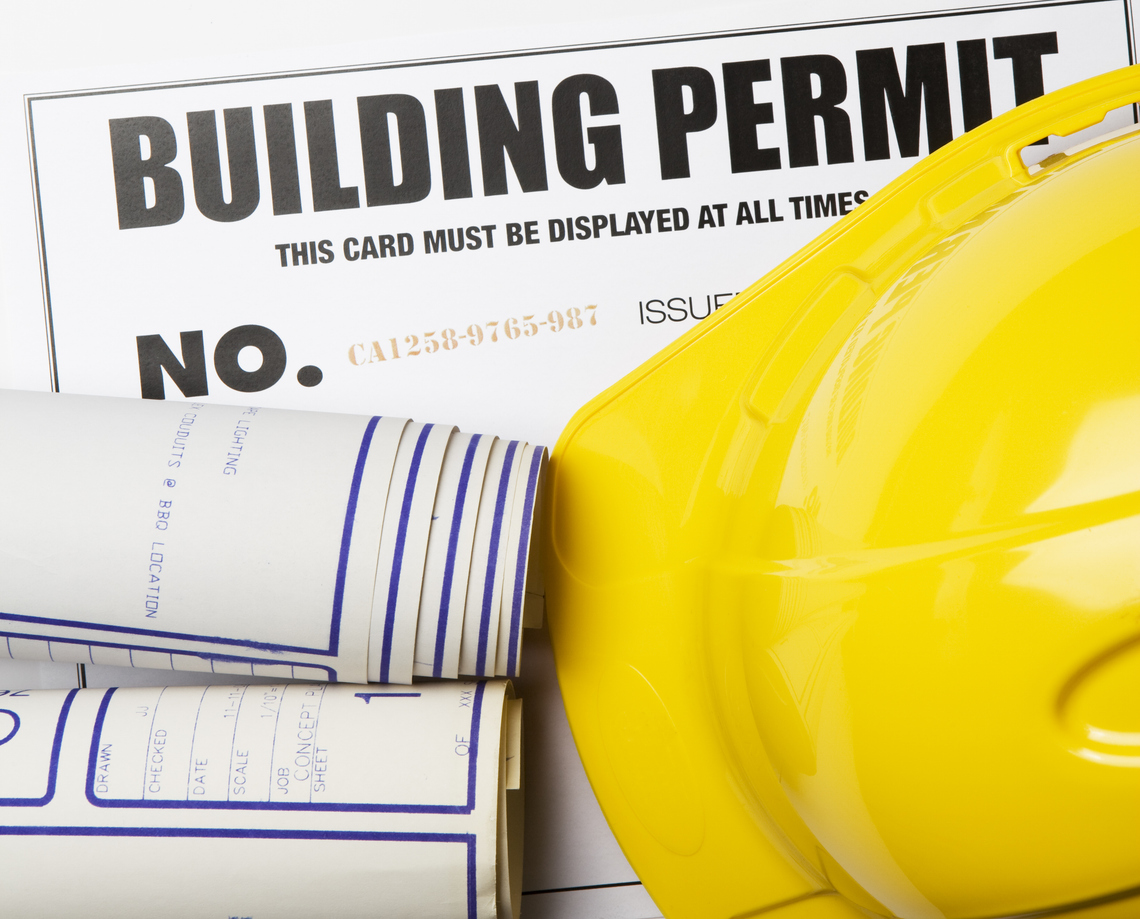Public adjusters perform valuable services for policyholders. In any complex property insurance loss, a policyholder should consider hiring a public adjuster. In my book, PayUp!, I noted how important it is to select a “good” public adjuster:
When hiring a public adjuster, perform due diligence and vet them properly. Make sure they are licensed. Check their credentials. Check to see if they participate in your state’s professional organizations for public adjusters. Generally, the best public adjusters are active in the field, are highly experienced, undertake continuing education, and work in leadership roles.
While reading an administrative proceeding against a Texas public adjuster who seems to be repeatedly forging the signature of his policyholder clients and stealing their insurance monies, I thought about how important it is to hire a qualified public adjuster. The legal allegations are:
1. Mitchell willfully violated an insurance law of this state as contemplated by TEX. INS. CODE § 4005.101(b)(1).
2. Mitchell misappropriated, converted to his own use, or illegally withheld money belonging to an insured, insurer, or beneficiary, in violation of TEX. INS. CODE § 4005.101(b)(4).
3. Mitchell engaged in fraudulent or dishonest acts or practices in violation of TEX. INS. CODE § 4005.101(b)(5).
4. Mitchell has engaged in acts constituting the business of insurance without a license as defined in TEX. INS. CODE §§ 101.102, 4001.101, and 4102.051.
5. The commissioner has adopted a code of ethics for public insurance adjusters under 28 TEX. ADMIN. CODE § 19.713, pursuant to TEX. INS. CODE § 4102.005. Mitchell failed to comply with this code of ethics because he failed to conduct business fairly with his clients, insurance companies, and the public, in violation of 28 TEX. ADMIN. CODE § 19.713(b)(1).
Texas public adjusters must follow a Code of Ethics:
28 TEX. ADMIN. CODE § 19.713
(a) This section states legal and ethical requirements that are of prime importance for public insurance adjusters’ professional conduct. This section does not exhaust the legal or ethical requirements that govern public insurance adjusters. This section details requirements similar to the codes of ethics adopted by local and national public insurance adjusters’ professional organizations.
(b) All public insurance adjuster licensees must comply with the following requirements:
(1) Licensees must conduct business fairly with their clients, insurance companies, and the public.
(2) Licensees must not employ any improper solicitation that would violate Insurance Code Chapter 4102 and applicable rules.
(3) Licensees must not make a misrepresentation, in violation of Insurance Code Chapter 4102, to an insured or to an insurance company in the conduct of their actions as public insurance adjusters.
(4) Licensees must charge only commissions that comply with the requirements set forth in Insurance Code Chapter 4102 and applicable rules.
(5) Licensees must complete continuing education as required by Insurance Code Chapter 4102 and this subchapter.
(6) Licensees must have appropriate knowledge and experience for the work they undertake and should obtain competent technical assistance, when necessary, to help handle claims and losses outside their area of expertise.
(7) Licensees must not engage in the unauthorized practice of law.
(8) Licensees must avoid conflicts of interest, including acquiring any interest in salvaged property or participating in any way, directly or indirectly, in the reconstruction, repair, or restoration of damaged property that is the subject of a claim adjusted by the licensee, except as allowed in Insurance Code Chapter 4102 and this subchapter.
(9) Licensees must not disseminate or use any form of agreement, advertising, or other communication, regardless of format or medium, in this state that is harmful to the profession of public insurance adjusting and that does not comply with Insurance Code Chapter 4102, this subchapter, or other provisions of the Insurance Code.
10) Licensees must use only contracts that comply with Insurance Code Chapter 4102 and this subchapter.
Of course, the actions of forgery and theft are criminal in nature and not just unethical. My bet is that this administrative action will make Barry Zalma’s Insurance Fraud Letter.
Thought For The Day
Criminals look at identity theft and say only 1 in 700 criminals gets convicted of it. And they look at check forgery and they know that for every 1,400 forgers arrested, only about 123 get convicted and about 26 go to jail. So the rewards are great, but the risks are very slim. So that’s one of the reasons that make it very popular.
—Frank Abagnale




